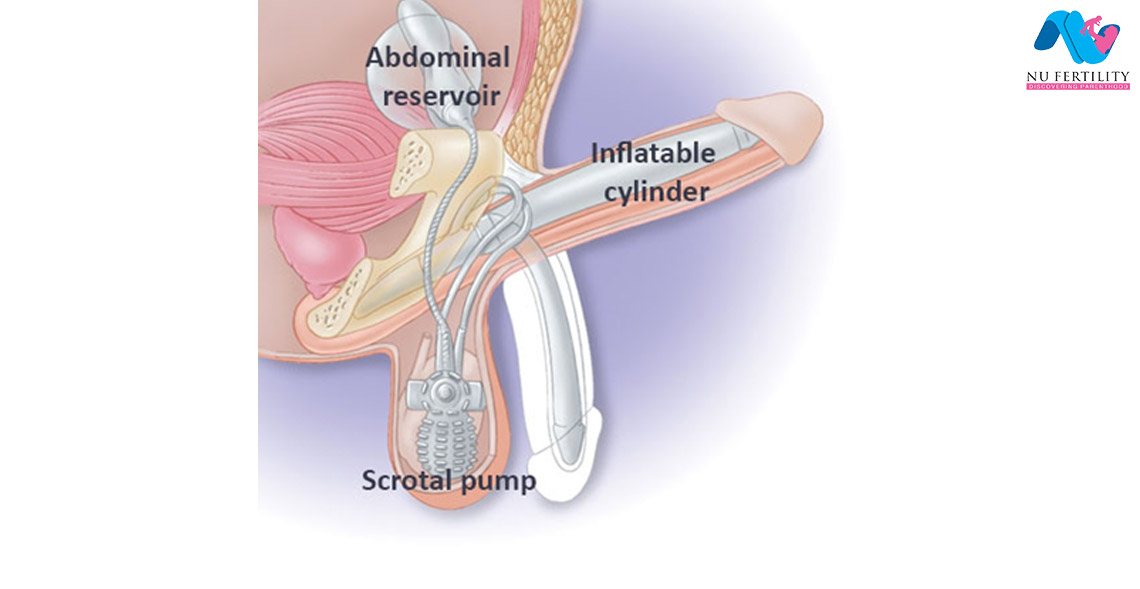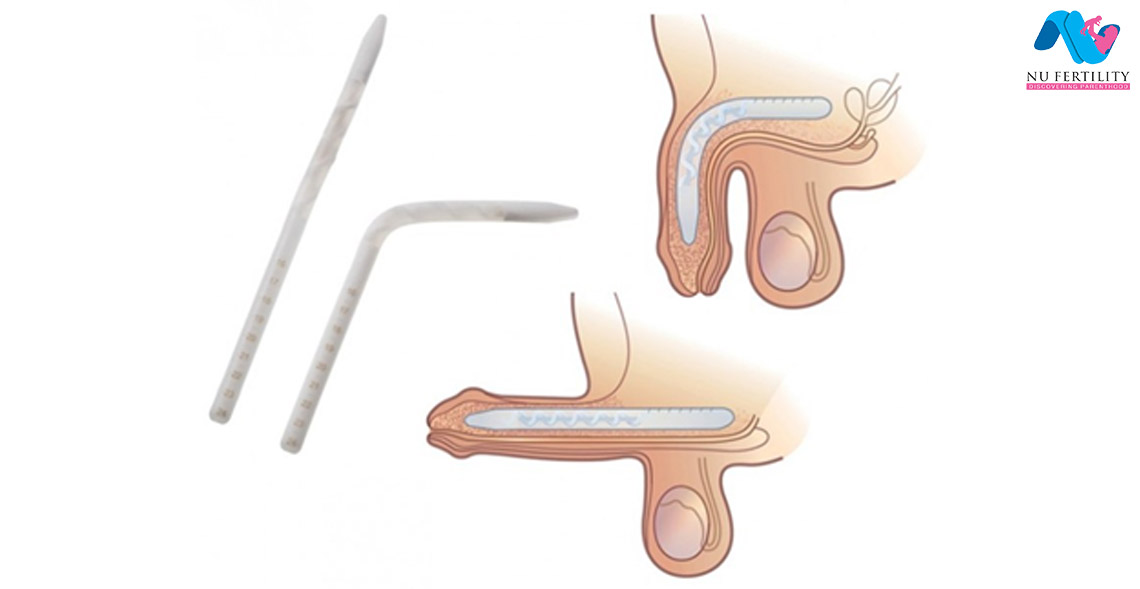Blog > Penile Implant in the era of Viagra
Penile Implant in the era of Viagra
Viagra tablets (famous as a blue pill) sell like hotcakes soon after its launch in 1998 and completed its 20th anniversary in 2018. It still continues to be the first line of medical treatment for a penile erection problem (Erectile Dysfunction).
Viagra contains Sildenafil, which was initially tested in cardiac trials. It was termed as a “lucky accident” when the nurses in the wards started noticing that these patients’ who received Viagra preferred lying on their tummy with embarrassment to hide their penile erections. It was then more studies were done to establish its role in erectile dysfunction (ED).
It has been estimated that in 1995 over 152 million men worldwide were affected by ED and that in 2025 its prevalence worldwide will be approximately 322 million men.
Like every tablet has side-effects, Viagra to has its share. Most common ones being a severe headache and severe backache, but very rarely vision changes have been reported. A person who is on nitrate tablets or who had a recent heart attack should not take Viagra.
A Korean study noted that many had discontinued Viagra when men were told to review after 6 months. The reasons for discontinuation were fear of possible side effects, postponement of ED treatment because of other coexistent disease treatment, unwillingness to accept Viagra-dependent erection, the unacceptability of planned sexual activity and lack of sexual interest.

Penile implant surgery:
- Penile implant surgery is an option in those patients who like to avoid side-effects of Viagra or who have had no improvement with Viagra.
- Penile implants can also be used to treat other conditions causes scarring inside the penis, leading to curved, painful erections (Peyronie’s disease).
- Penile implants are of two types: Malleable and Inflatable.

Inflatable implants are the most commonly used. There are three components with the 3-piece inflatable implant. The pump in the scrotum has to be pressed to make the penis erect. After the sexual intercourse, the pump is pressed again to make the penis to a normal flaccid position. It creates the most natural rigid erection.
With malleable implants, the penis will always be firm, but it can be bent manually (without a pump) towards the body for concealment inside the innerwear.

Is age a criterion for penile implant surgery?
No. The average age of a man receiving a penile implant is 65 years old. Men even at 86 years of age have received penile implants and are doing well. The coexistent medical conditions such as Diabetes should be under control.
Sexual intercourse using penile implants:
The person should not engage in sexual activity for 4-6 weeks after penile implant surgery.
Various American and European studies have revealed that 90% of patients are satisfied with penile implants during sexual intercourse.
Penile implants do not interfere with the orgasm or ejaculate. Penile implants will help in the improvement of sexual function by achieving vaginal penetration, an increase of sexual desire, sexual satisfaction, penis size, and improvement of erectile function.
Apart from the positive sexual effects,
i) psychological factors such as positive emotions, self-esteem, confidence, enhancement of male identity, major life change, and self-image.
ii) relationship factors such as relationship improvement and the possibility of giving pleasure to the partner are also reported.
Complications are rare but implant infection, erosion and implant malfunction are known.
Survival of implants: The 10-year device survival is between 60-80 percent.
One should have an extensive discussion with the andrologist about the realistic outcomes of penile implant surgery. For a further detailed discussion, you could make an appointment with our Andrologist at NU Hospitals, Bangalore.
